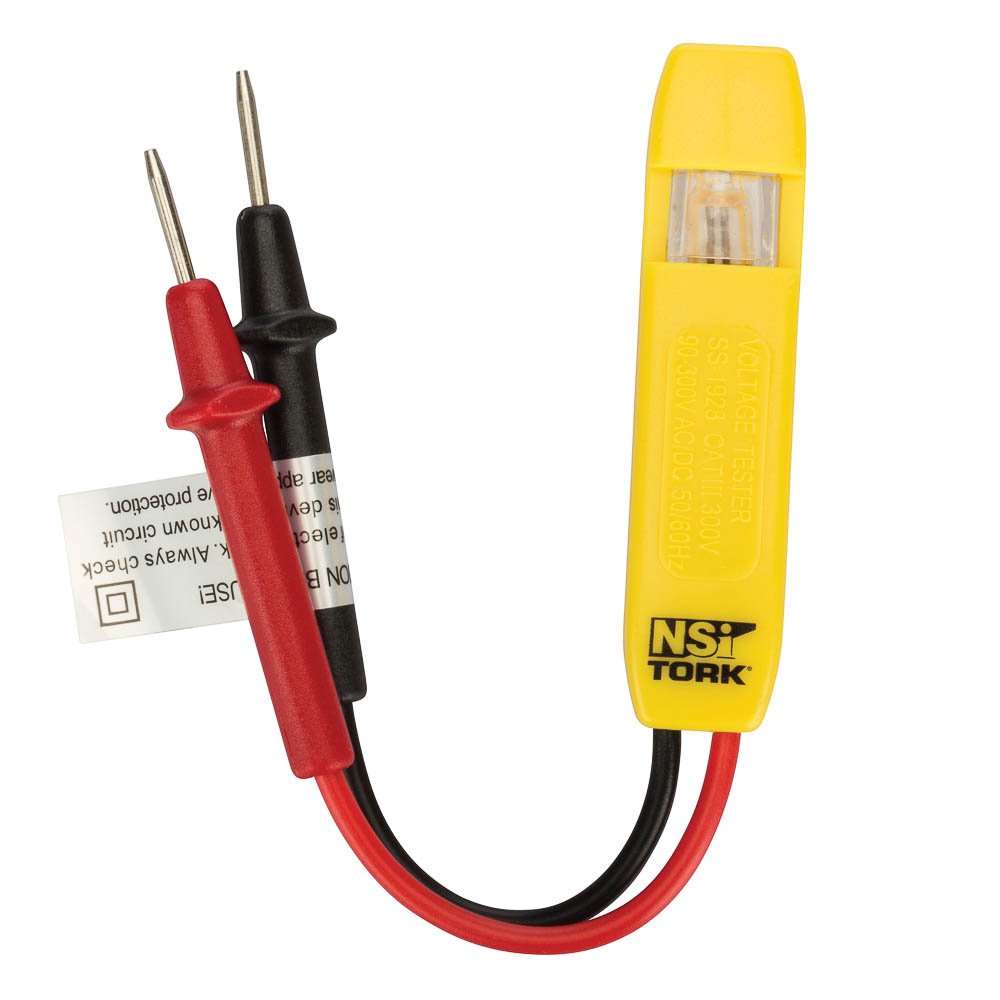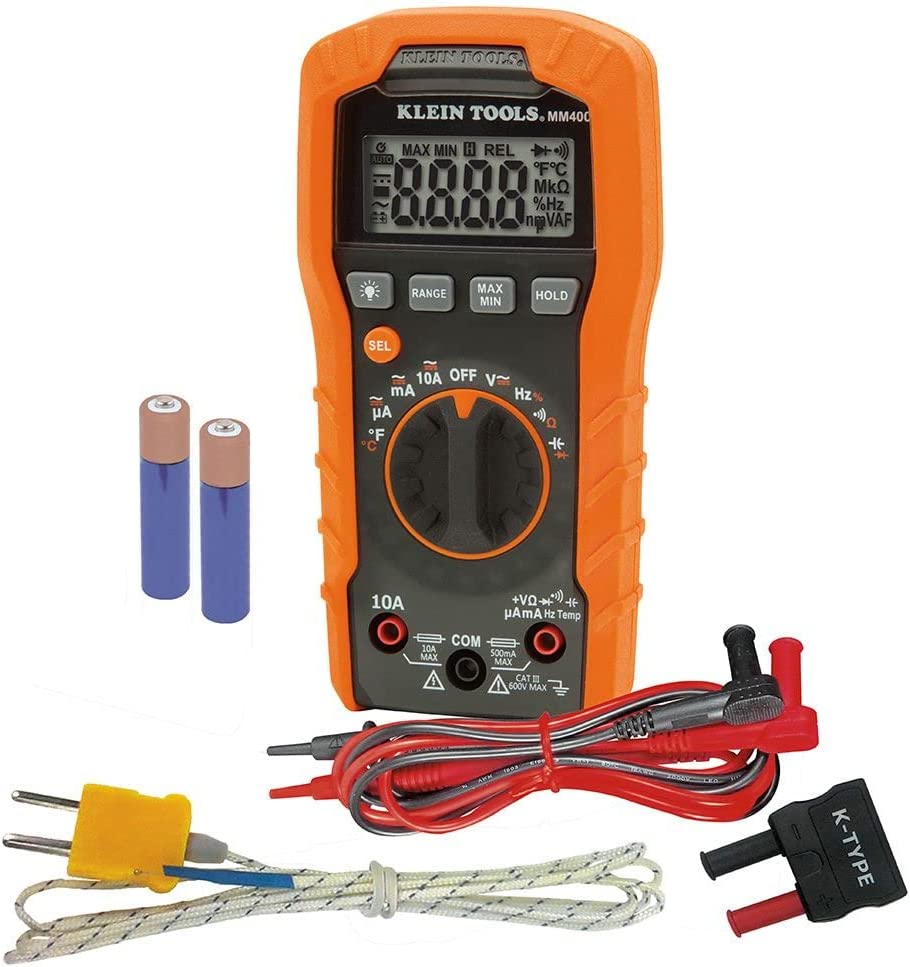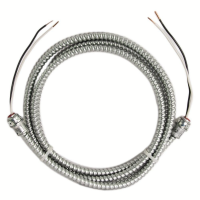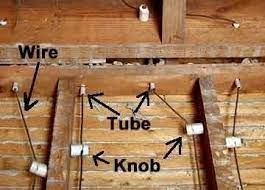There is a lot of vague and partly true information in this thread. Enough to make the subject at hand very confusing and lead to an improper installation. No offence intended but the OP clearly does not have a clear understanding of this subject. Yes, basic residential wiring is pretty simple but this is not the place to get that education and put it into practice.
Call a licensed and qualified electrician. Full stop. Don't depend on the information above. Some is good, some not so much.
Houses built in 1973 (50 years ago) on the west coast of the USA should have three wire Romex (nonmetallic sheathed cable) style wiring, a hot, neutral and ground (for a 120 volt circuit). Houses built 50 years ago did not have fuse boxes, they had breaker panels. Knob and tube wiring was generally not installed after 1945. It is not a grounded system. There were commonly no grounding wires installed. Between that time and the mid 1960's cloth cove Romex with no ground wire was common. There were also no grounding wires commonly installed with this system. Some electricians began running a separate bare grounding wire in the 1960's based on what I have seen.
New GFCI's use newer technology and are far less likely to trip accidentally than they were in the past. That is why all the exceptions to where one must install them has been removed from the NEC and their use has been expanded. I would not be concerned to plug a refrigerator into one.
AFCI is another newer electrical safety technology that has improved and its use is being expended. Interesting subject but a bit of a red herring here.
Neutral and ground wires are bonded together in the main panel. They should not be bonded together anywhere else downstream from the main panel. Neutral wires carry current when there is a load on that circuit. Bonding neutral and grounding wires together downstream from the main panel has the potential of putting current on the grounding system. Unknowing or unethical technicians have been known to connect the grounding terminal on a three prong receptacle to a neutral wire in an old ungrounded system. This will fool any of the testers mentioned above into thinking the receptacle is properly grounded when it is not.
@redrocker652002 I could write a lot more here but I will simply repeat.
Call an electrician, unless you want to make a serious study of this subject from reliable sources. There is some good info here but it is not all good. I am not an electrician but I have worked for a few and was a home inspector for over 30 years. I have studied this a lot and know more about this subject than a lot of electricians but less than others.






